Baby development at 1 week
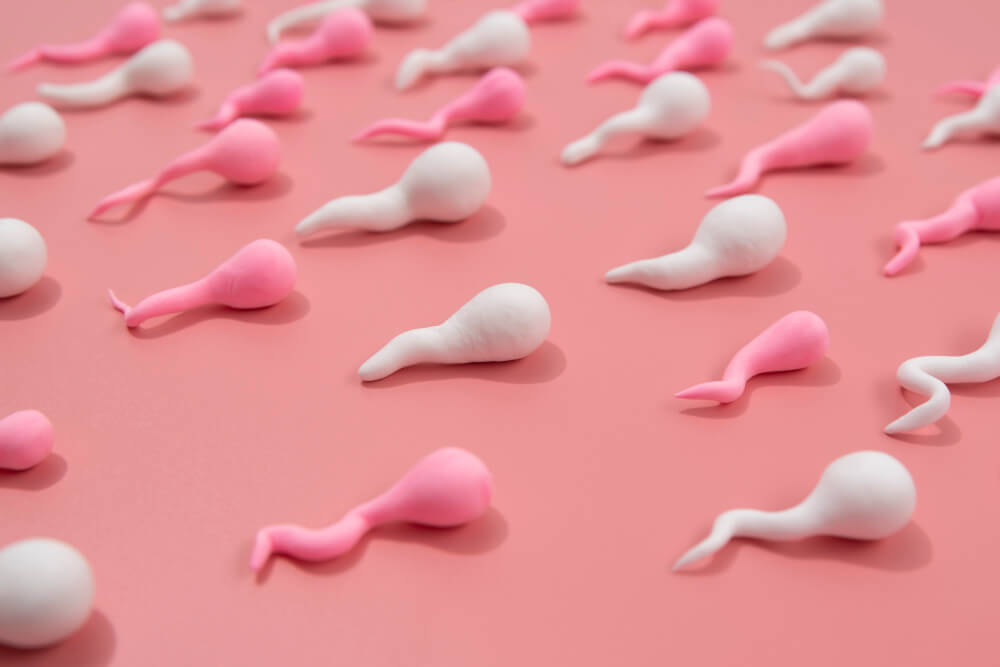
Baby development at 1 week
Baby: Your baby is still just a glimmer in your eye. It’s difficult to know exactly when conception occurred, so doctors calculate your due date from the beginning of your last menstrual cycle. That’s right -- for calculation purposes, you’re “pregnant” before you even conceive!
Mom-to-be: The lining of your uterus thickens to prepare for pregnancy. You may notice sticky vaginal discharge during ovulation. At the beginning of your period, about 20 eggs called ova occupy fluid-filled sacs called follicles. If you typically have your period every 28 days, then about 14 days later, you ovulate: One of these follicles releases one or two eggs, which travel down your fallopian tube to await fertilization. This time -- 14 days after your period started and a day or so longer -- is when you're the most fertile. (Note that if you just stopped taking birth control, you may ovulate sooner than expected.) If you want to get pregnant, this is the best time to try. Once the egg is fertilized -- 24 to 72 hours after ovulation -- it moves into the uterus.
Don't be disappointed if you don't get pregnant the first time. Depending on their age, each month, a woman has a 25% chance of getting pregnant, so you may need to try more than once.
Tip for the Week: Make sure you've scheduled a preconception visit with your OB-GYN to determine risks of genetic diseases and environmental hazards as well as learn about necessary lifestyle changes to ensure a healthy pregnancy and baby. Most importantly, make sure you've started taking 0.4 milligrams, or 400 micrograms, of folic acid a day. Folic acid taken a few months before conception has been shown to dramatically reduce such neural tube defects as spina bifida.
Related Articles

Baby development at 19 weeks
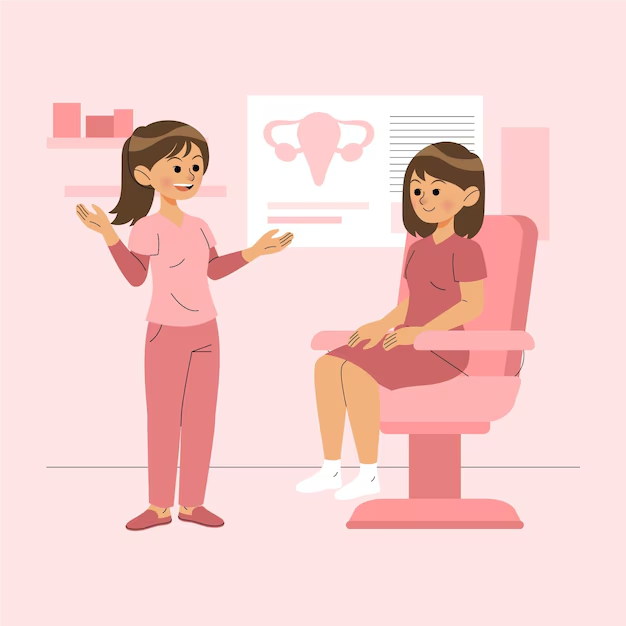
How to Talk to Your Doctor About Menstrual Issues
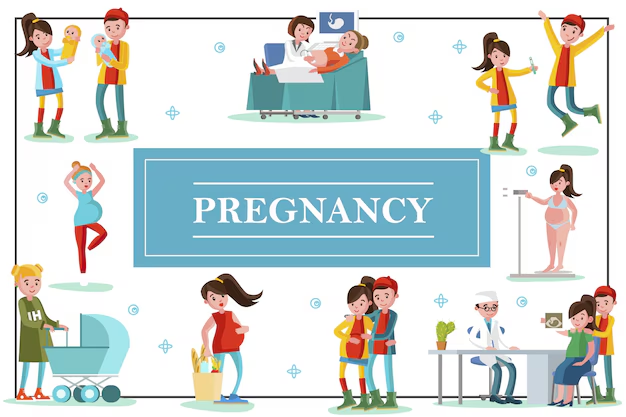
Step-by-Step Approach to Boosting Fertility and Getting Pregnant
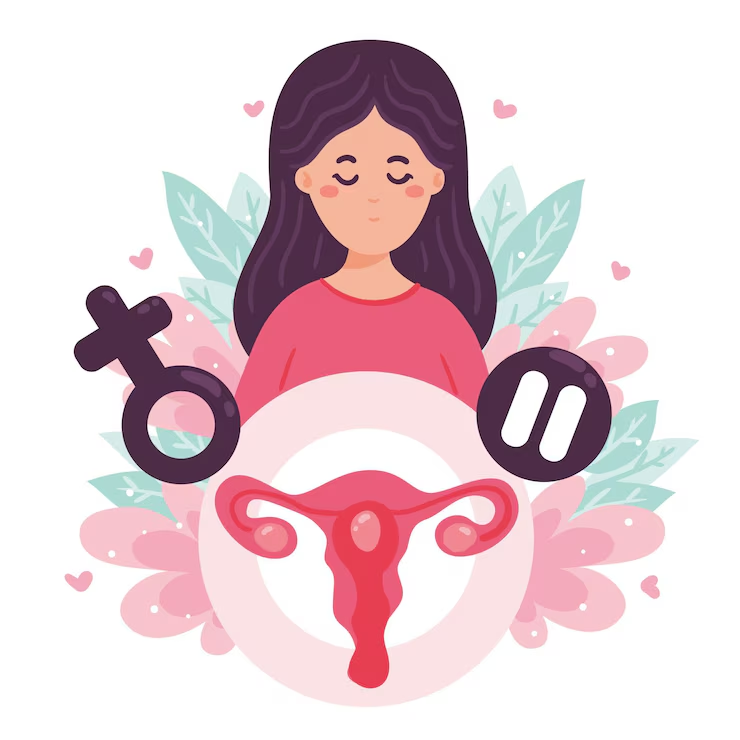
Understanding Your Menstrual Cycle: A Guide for Every Woman

Baby development at 28 weeks
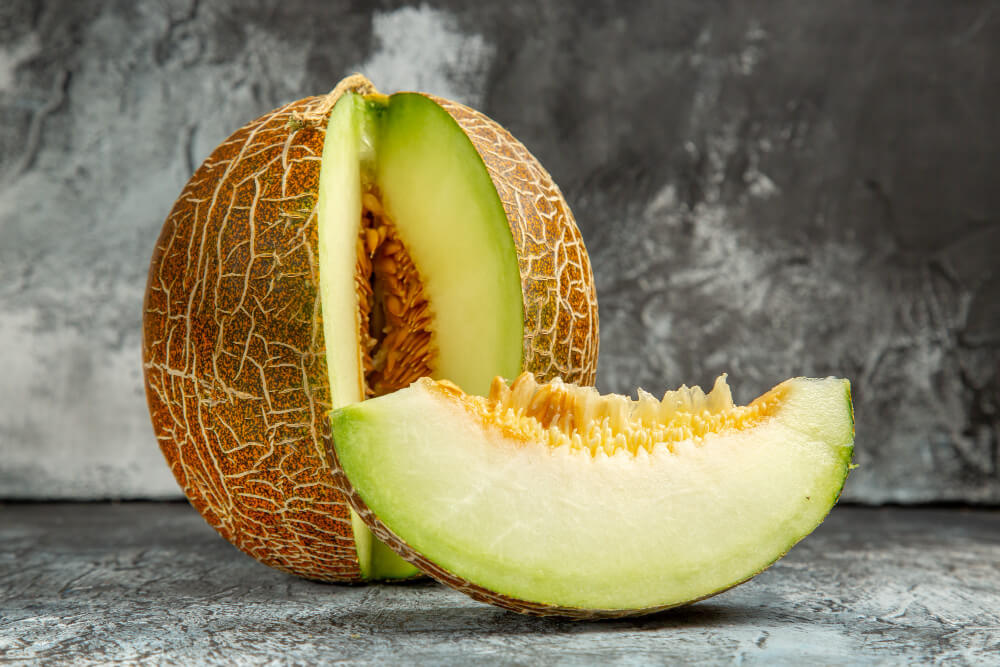
Baby development at 35 weeks
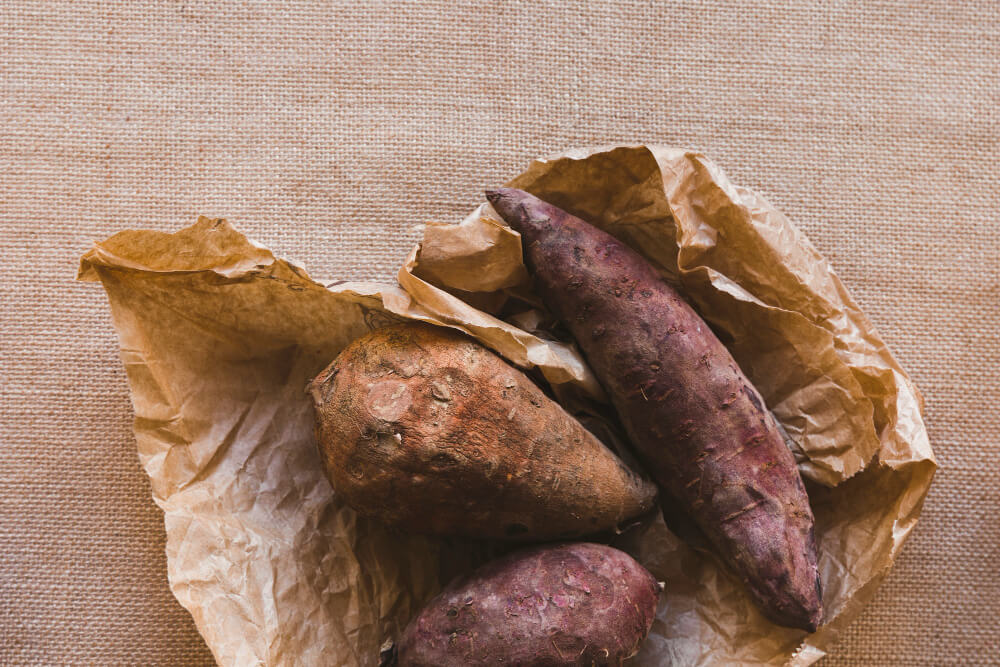
Baby development at 22 weeks
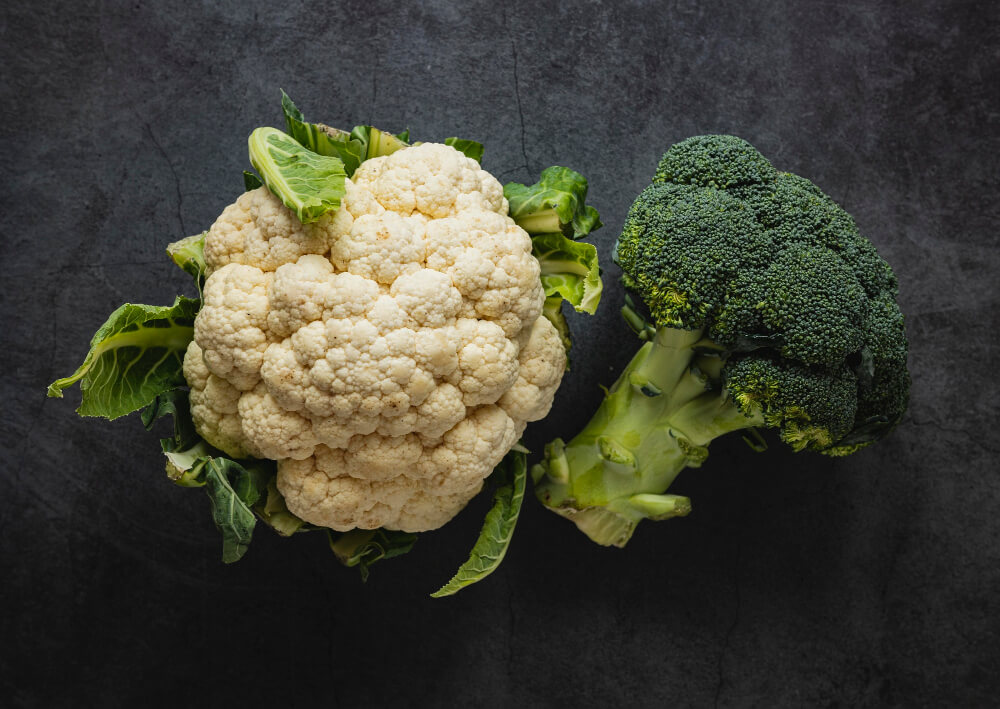
Baby development at 27 weeks